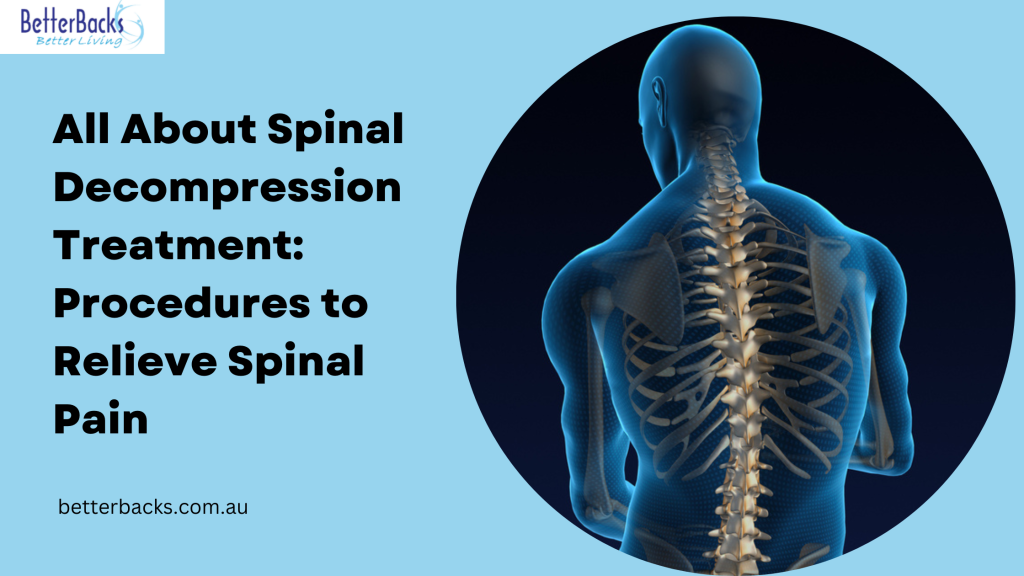Accurate and efficient collection and interpretation of clinical data is critical to the field of medical research. In this process, clinical data abstraction is essential because it acts as a link between unprocessed patient data and significant results from research. Researchers can improve the quality of their studies, provide more reliable results, and eventually improve patient outcomes by efficiently abstracting clinical data. This guide delves into the significance of clinical data abstraction and outlines six powerful strategies to supercharge your research efforts.
The Importance of Accurate Data Collection
Any effective research effort is built on the basis of accurate data collection. Data collection in clinical research entails collecting patient information from a variety of sources, including clinical trial databases, electronic health records (EHRs), and medical records. The reliability and validity of the researcher’s conclusions depend on how accurate this data is. The validity of the research can be compromised by erroneous results resulting from inadequate or inaccurate data.
The implementation of standardized procedures and the employment of professionals with the necessary training to comprehend the nuances of clinical data abstraction are crucial for guaranteeing correct data collection. This method lays the groundwork for useful research by reducing mistakes and guaranteeing that the data appropriately represents patient circumstances and results.
Streamlining Data Management Processes
Efficient data management processes are critical for handling large volumes of clinical data. Simplifying these procedures involves automating the gathering, storing, and retrieval of data in order to minimize human labor and improve precision. Efficiency gains can be substantial when complex software systems intended for clinical data management are used. Features like real-time data validation, automatic data input, and safe data storage are often included in these products. You can reduce the possibility of data loss or corruption and make sure that data is readily available for analysis by including these technologies in your research process.
Simplifying data management processes not only saves time but also raises the quality of the research by maintaining data integrity throughout the investigation.
Ensuring Data Quality and Consistency
In clinical research, data consistency and quality are crucial. Inconsistent or poor-quality data can compromise the validity of research findings. Implementing stringent data validation procedures to find and fix mistakes or inconsistencies is necessary to ensure data quality. This could involve automated verifications of the correctness, logical consistency, and completeness of the data. Additionally, maintaining data consistency across several locations or studies can be facilitated by creating standardized data input methods and educating personnel on these protocols.
To continuously monitor and enhance data quality, the research process should include regular data audits and quality control methods.
Leveraging Technology for Advanced Data Analysis
Efficient data analysis methods are necessary to get significant insights from clinical data. Leveraging technology such as machine learning and artificial intelligence (AI) can significantly enhance data analysis capabilities. Using massive datasets, these technologies can find correlations, trends, and patterns that conventional analytic techniques could miss. Personalized medicine, risk assessment, and predictive modeling may be aided by AI-driven data analysis tools. Furthermore, sophisticated statistical tools can simplify difficult data analysis jobs, freeing up researchers to concentrate on analyzing findings and making insightful deductions.
Integrating Multidisciplinary Collaboration
For thorough clinical research, interdisciplinary cooperation is crucial. The breadth and depth of research studies can be improved by incorporating knowledge from various disciplines, including clinical medicine, informatics, epidemiology, and biostatistics. Collaborative efforts ensure that various perspectives and areas of expertise are included in every step of the research process, from gathering data to analyzing and interpreting it. Effective teamwork can be facilitated by setting up frequent meetings and clear lines of communication. The exchange of information, ideas, and resources can also be streamlined by utilizing collaborative platforms and technologies.
Ethical Considerations in Clinical Data Abstraction
Ethical considerations are paramount in clinical data abstraction. Preserving patient confidentiality and safeguarding data is an essential ethical duty. To secure patient information, researchers must abide by laws like the General Data Protection Regulation (GDPR) and the Health Insurance Portability and Accountability Act (HIPAA). Upholding ethical standards requires implementing safe data storage and transmission mechanisms, getting informed permission, and making sure data is anonymized. Furthermore, ethical issues include avoiding biases, using and interpreting data responsibly, and making sure that study results are communicated truthfully and openly.
Conclusion:
Clinical data abstraction is a pivotal component of medical research, enabling researchers to transform raw patient data into meaningful insights. Researchers can maximize their efforts by concentrating on precise data collection, optimizing data management procedures, guaranteeing data quality and consistency, utilizing technology for sophisticated data analysis, incorporating multidisciplinary collaboration, and respecting ethical considerations. These strategies not only enhance the efficiency and effectiveness of research but also contribute to the generation of robust and impactful findings that can drive advancements in medical science and improve patient care.
James Martin is a passionate writer and the founder of OnTimeMagazines & EastLifePro. He loves to write principally about technology trends. He loves to share his opinion on what’s happening in tech around the world.



